MASULITA CHILDRENs HOME TRANSFORMS KIDS FROM KAMPALA STREETS
PUBLISHED — 6th, February 2023.jpeg)
It is a beautiful Tuesday morning at Masulita Children’s Home in Wakiso district. The sun is bright and the mood is lively with children playing in the home’s big compound while others are busy having breakfast.
On the left side as you enter the home some children are swinging on a play field and playing with a water tap.
.jpeg)
The children are enjoying themselves, and from the first look you will notice that there is feel good factor among them.
It is my second time to Masulita where vulnerable children are taken care of courtesy of the great efforts of the First Lady Janet Kataaha Museveni through the Uganda Women's Effort To Save Orphans (UWESO).
The fact that the children have well shaved heads and are excited, adds another interesting aspect to the scene. It's good to see children having fun and being active.
It is a breath taking experience because about six months ago, these children were wasting away and being abused on the streets of Kampala where they were rescued from and transferred to Masulita.
Currently there are 270 children under the care of the home. At least 247 of these were former street children rescued by the Kampala Capital City Authority (KCCA) in August 2022.
.jpeg)
Silvanus Turyamwijuka the head of Programs at UWESO, says the home provides solace to vulnerable and underprivileged children, by making sure that they are integrated in an environment where their basic growth and development needs are met.
“We ensure children have access to food, shelter, education, healthcare and other essential resources, which they are entitled to but were denied them because they were on the streets,” Turyamwijuka says.
Currently the children are being taken through basic education to ensure they learn how to read, write, and numeracy
“There is a big difference compared to when these children were brought here, many didn’t know anything to do with classwork. But now they can identify vowels, count numbers and write,” Turyamwijuka says.
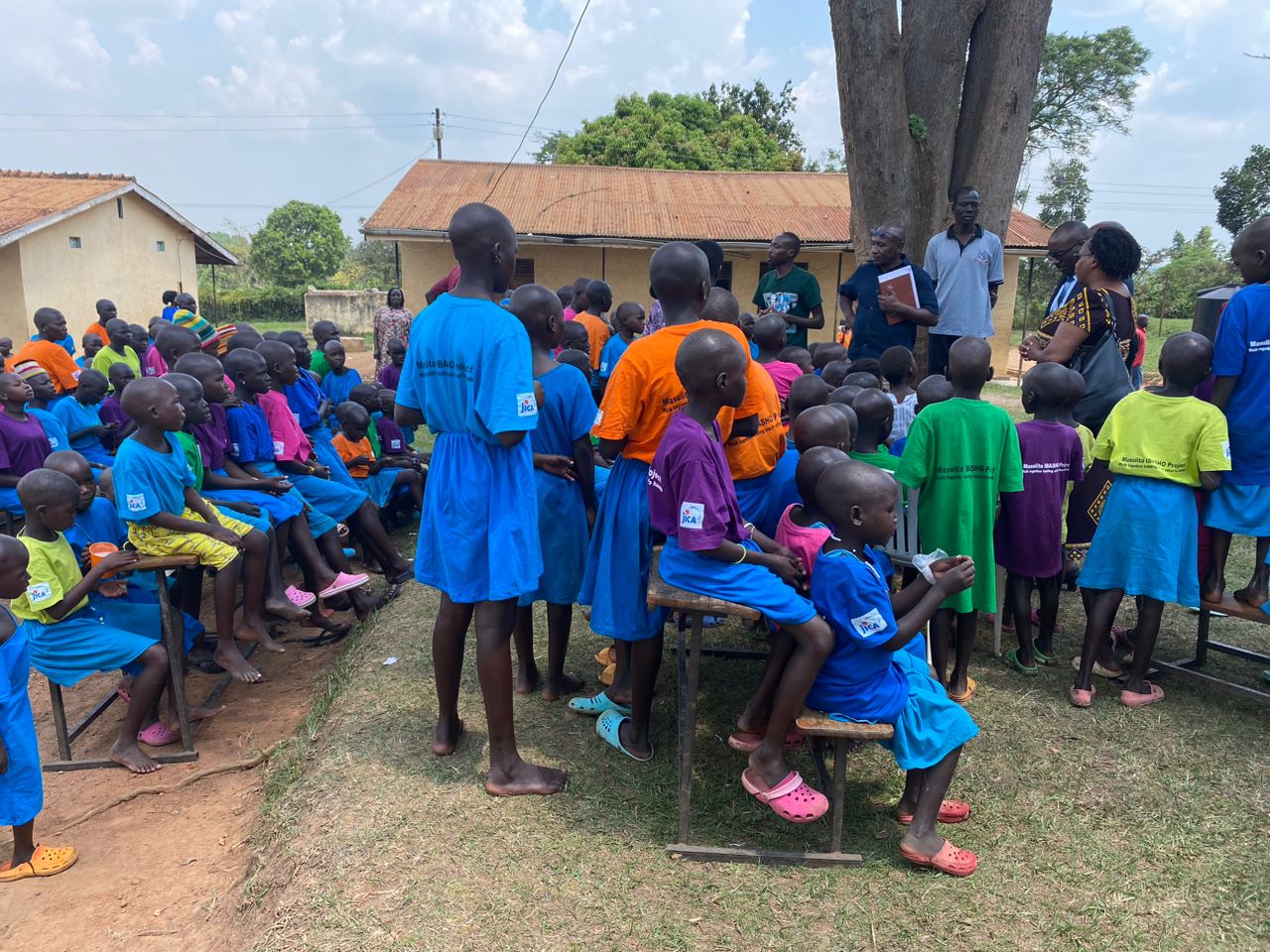
Some of the older children especially teens, are involved in vocational studies, such as bakery, weaving, tailoring and hairdressing among others.
The vocational institute has two-level blocks that house administration offices, workshops and classrooms. It also has adequate tools and equipment relevant for all the trades offered at the institute.
“We are fostering a supportive and nurturing environment where the children can feel safe and valued. By addressing these needs, former street children can begin to heal from their experiences and build brighter futures for themselves,” Turyamwijuka says.
The children at Masulita are housed in six dormitories with each run by a Social Worker and House Parent. These also help the children with the spiritual development which is key in their growth and future life.
“Through spiritual development, children learn to be aware of and comfortable with qualities such as respect, responsibility, and reverence for self and others. They develop a love for each other,” says Grace Tiwangye a Youth and child Protection Officer at UWESO.
Simon Omuna, the Acting Warden says out of the 270 children, the majority of the children are between the ages of 7 to 10 years (80), followed by those aged 11 to 14 years (60), those aged 4 to 6 years (52) and those aged 15 to 17 years (38).
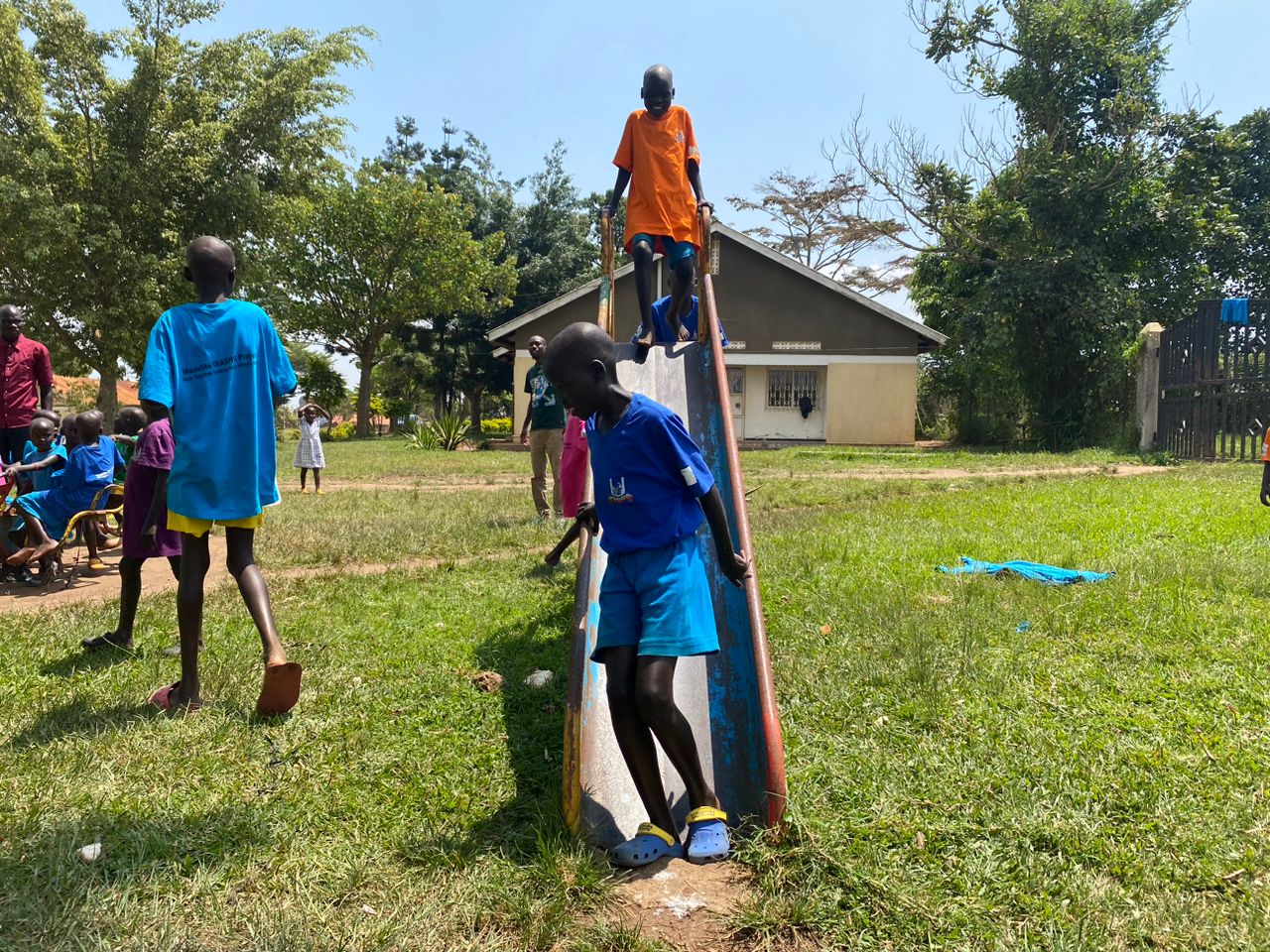
Those aged 18 years and above are 20 in number while those aged three years and below are 8.
In order to meet the feeding needs of the children and generate income for the home, the home has a farm with cattle for milk production, a matooke garden and other crops.
“The sanitation and hygiene etiquette of these children have improved and we hope by the time we resettle them they will be better,” Omuna says.
Margaret Lokure, a House Parent says, since majority of the children are from Karamoja, they are taught about cattle rearing and pasture management.
“We want them to be able to cope easily when they are reintegrated in the community,” Lokure says.
On Tuesday a team from KCCA, led by John Bosco Bashinyora, the Director Gender, Community Services and Production visited the home to check on the rescued children.
Bashinyora who was accompanied by his deputy Daniel Kaseregenyi and other officials commended the leadership of Masulita for accepting to take care of the children.
“The rescue has done us great and we really appreciate you for partnering with us to take care of these children and sustain them. They are all looking good and healthy,” Bashinyora says.
In January, 2023 KCCA carried another rescue operation that was supported by three local NGOs working under the Local Coalition Accelerator initiative.
The support included; fuel equivalent to 720 litres for the bus, coaster, and pickup; meals for the children while in transit and facilitation for the rescue team.
The 166 children rescued from the street on January 25, were transported to Koblin Youth Skilling Centre in Napak, which is under the MoGSD. They will undergo rehabilitation, tracing and reintegration with their families
“The problem of street children is still significant and last week we removed 166 and took them to Koblin. We need to continue working together to safeguard the child, who’s rights deserve to be protected at all cost,” Bashinyora says.
Bashinyora reveals that KCCA will be carrying out more operations to rescue the children from street life and prosecute all those involved in trafficking and abusing children.
KCCA is carrying the rescue operations in line with the Kampala Child Protection Ordinance 2022.
According to Section 10 of the Ordinance prohibits any person from sending a child to beg or solicit for alms in a public place, street, office, or any business or commercial establishment and also to live off the proceed of a child engaged in begging or soliciting for alms.
The ordinance provides that a person who contravenes these provisions commits an offense and is liable upon conviction to a fine not exceeding 40,000 shillings or imprisonment for a period not exceeding six months or both.
At least 36 people have been convicted since 2022, for contravening the Ordinance.
Story By Geoffrey Mutegeki Araali
Communication and Media Relations Officer
News & Announcements
23rd, December 2025
22nd, December 2025
20th, December 2025
19th, December 2025
18th, December 2025
17th, December 2025
16th, December 2025
15th, December 2025
11th, December 2025
10th, December 2025


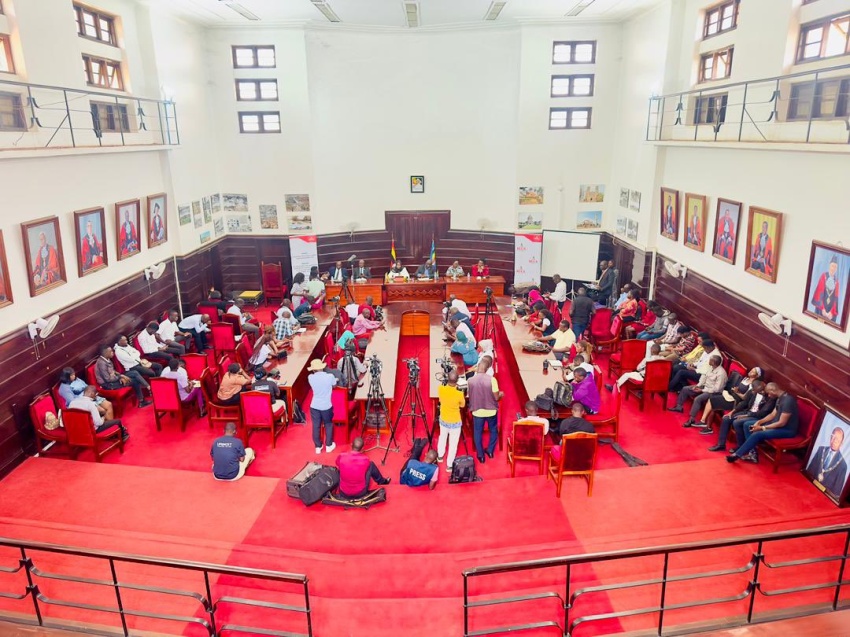

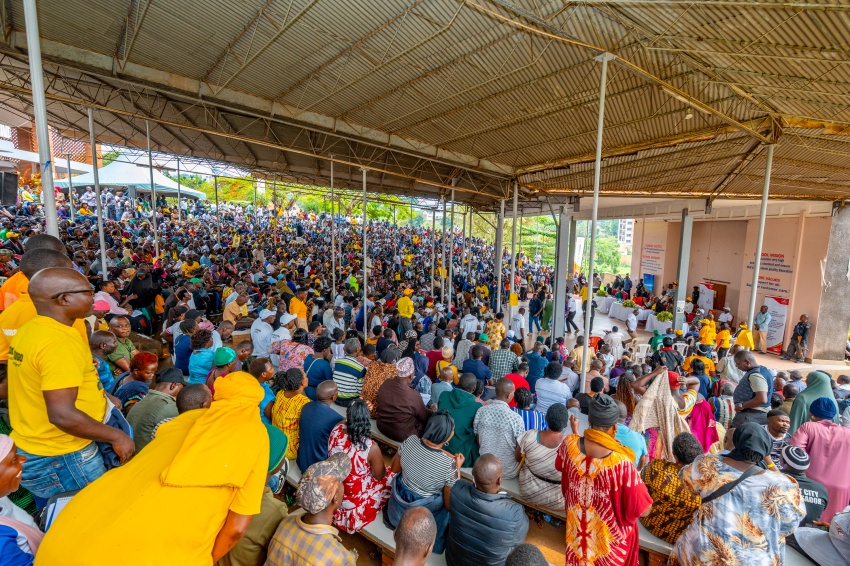

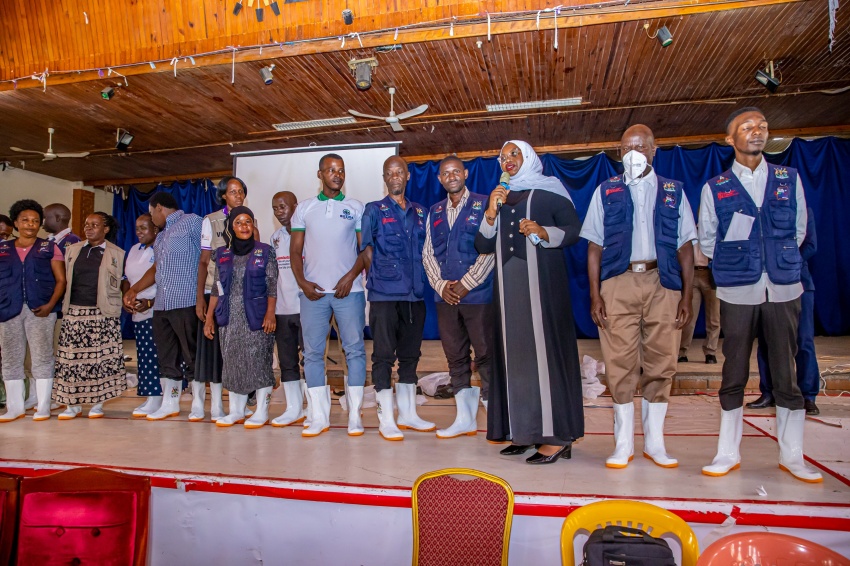
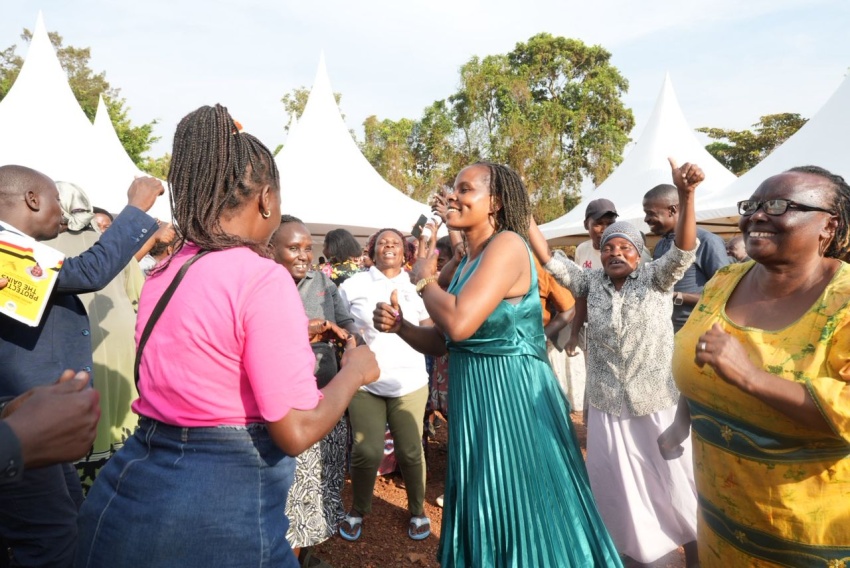
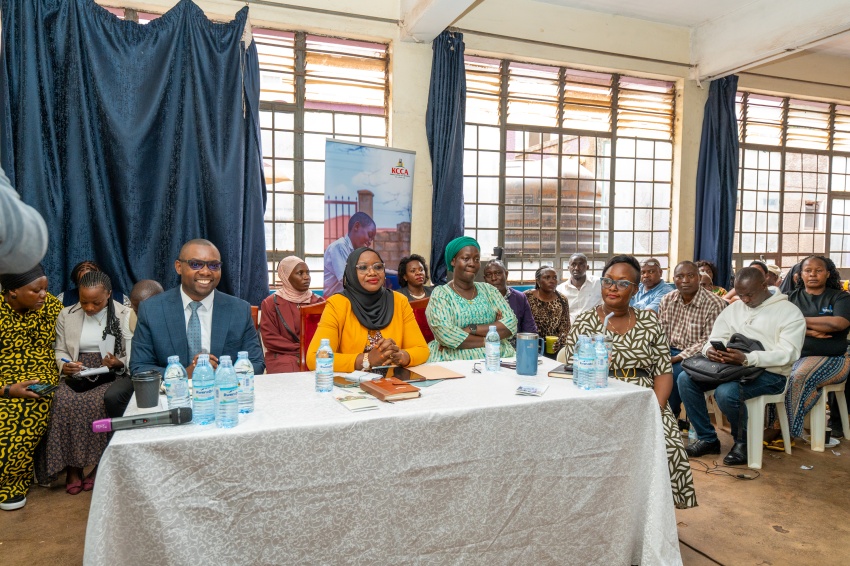
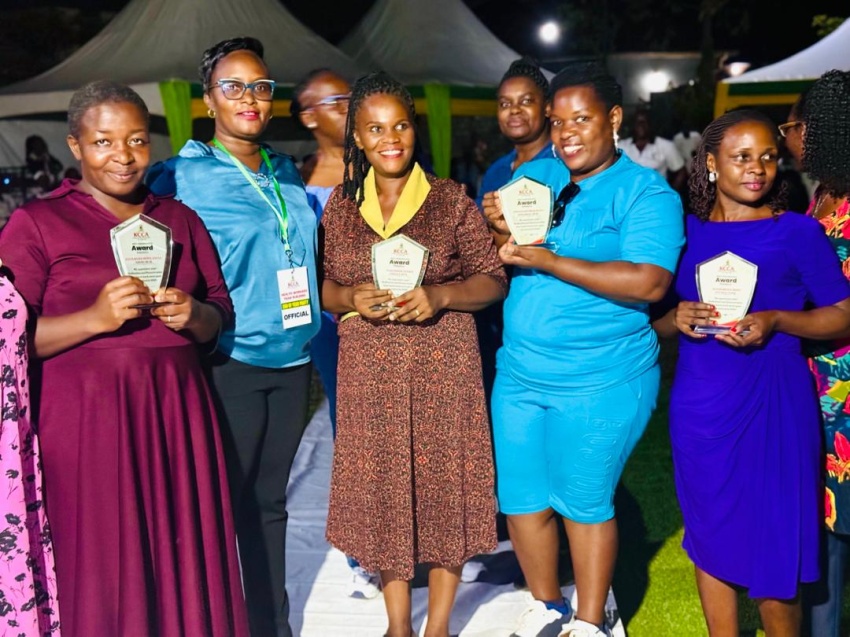
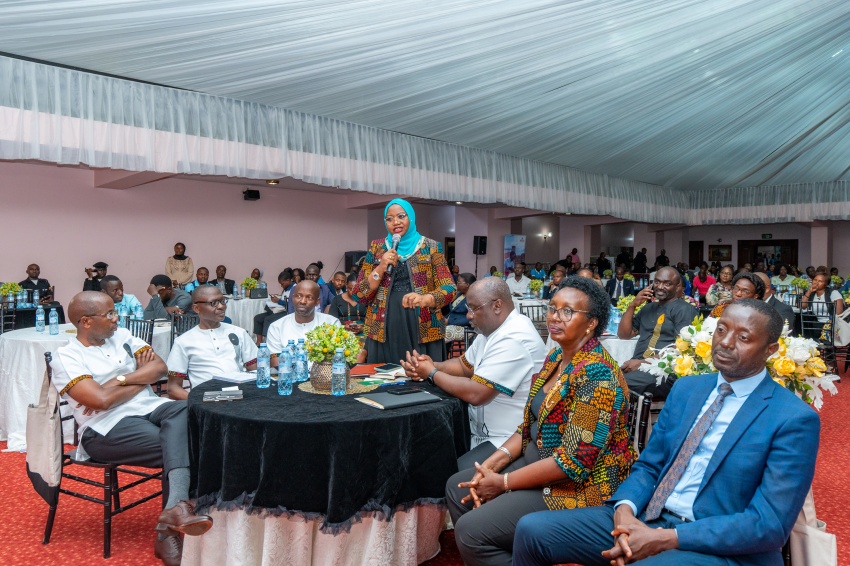
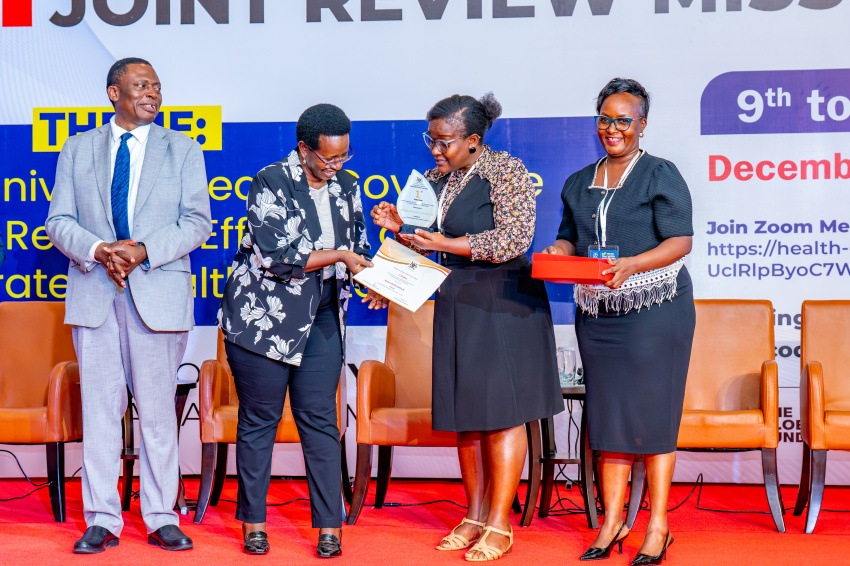









Development partners